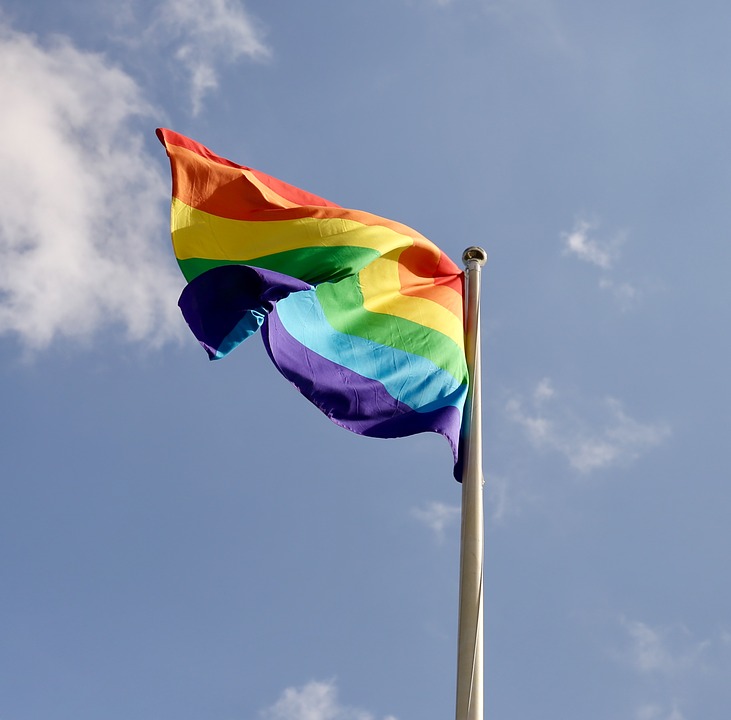Canadian Citizens Can Now Change Their Gender to “X” On Their Passports
On 24 August 2017, Ahmed Hussen, Minister of Immigration, Refugees and Citizenship Canada, announced that individuals can list their gender as “X” on Canadian passports. The “X” designation indicates an unspecified gender. individual’s gender is unspecified. This change supports LGBTQ2 rights, including gender identity, expression, and sexual orientation. This marks the start of an initiative in Canada to offer this option in all government documents. For more help with Canadian citizenship, contact a citizenship lawyer today.
Official Changes to Passports
Currently, people who wish to change the gender on their passport to “X” will continue to display “M” or “F” on their passport’s biodata page (page 2). As of 31 August 2017, Canadian passports may feature observations that state “the sex of the bearer should read as X, indicating that it is unspecified”. This is an interim measure until the sex on the bio page is updated to “X”. According to the application form, applications do not require proof of citizenship or an immigration status document showing an “X” in the sex field.
Joshua M. Ferguson is one individual excited for the change. Ferguson applied to change their passport gender designation at around 2 pm on August 31, 2017. They are among the first individuals to do so and may be the first Canadian with the designation. Ferguson told Metro Vancouver, “I feel great! It’s monumental: the first time that people like me across the country can be formally recognized as non-binary.”
Advocates have also applauded the change. Yet the “X” marker is not accepted around the world.
Continued Challenges
Travellers may face travel restrictions in or through other countries. The application form requires applicants acknowledge that Immigration, Refugees and Citizenship Canada “cannot guarantee that a travel document with an observation showing an ‘X’ will be accepted for entry or transit by border control authorities of another country.”
In order to apply for the designation, the form requires applicants acknowledge that Immigration, Refugees and Citizenship Canada “cannot guarantee that a travel document with an observation showing an ‘X’ will be accepted for entry or transit by border control authorities of another country.”
Removing Gender Altogether?
Helen Kennedy, executive director of Egale Canada Human Rights Trust, a national charity promoting LGBTQ2 rights, has advocated removing the sex designation from passports altogether. Kennedy told The Guardian, “In order to successfully increase the safety of non-binary, intersex and trans folks, Canada needs to more work to lobby internationally to remove gender markers on passports, as well as break down existing barriers that are preventing access to gender autonomy in our country.”
In the meantime, the United Nations’ International Civil Aviation Organization, which sets guidelines on international passports, requires a sex field on all travel documents.
Canada joins at least eight other countries who offer a third option on their passports or national identification documents, including Australia, Bangladesh, Germany, India, Malta, Nepal, New Zealand, Pakistan, Ireland, and Denmark. Washington D.C. and Oregon in the United States of America have also implemented similar measures with respect to driver’s licenses. This step forwards demonstrates Canada’s welcoming approach to people from all countries, walks of life, and points of origin.
Share this article
Arghavan Gerami
Arghavan Gerami is the Founder and Senior Counsel at Gerami Law Professional Corporation ('PC'), a full-service immigration law firm in Ottawa, Ontario. Since 2011, Ms. Gerami has focused her practice on immigration and refugee litigation. Prior to that, Ms. Gerami worked at the Ministry of Attorney General and the Department of Justice and had the privilege of serving the Honourable Mr. Justice M. Evans at the Federal Court of Appeal on immigration and administrative law appeals. Ms. Gerami contributes to the Immigration Law Section of the Canadian Bar Association, the Canadian Association of Refugee Lawyers, and the United Nations High Commissioner for Refugees. Ms. Gerami has also published numerous journal articles and presented at various immigration and refugee law conferences and events across Canada.

